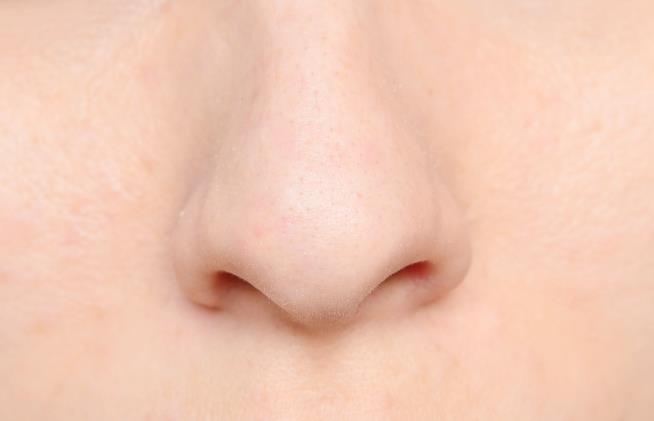Wife's Sharp Nose Leads to New Test for Parkinson's
 A relatively simple way to detect Parkinson's might be possible thanks to a Scottish woman's unusually sharp sense of smell.As the BBC reports, researchers at the UK's University of Manchester say their newly developed skin-swab test proved to be 95% accurate in a new study published in the Journal of the American Chemical Society.The test was inspired by the experience of Joy Milne, who noticed that her husband, Les, developed what she describes as a distinctive musty odor in his early 30s. He wasn't officially diagnosed with Parkinson's for another 12 years, and Milne made the connection between his scent and the disease only when she noticed the same smell among people in a support group.The average person probably wouldn't notice the odor because Milne has what the Guardian describes as an unspecified rare condition that results in a sensitive sense of smell.Manchester researchers put Milne's observation to the test by swabbing the necks of about 80 people with Parkinson's and another 70 who didn't have the disease.They found that the test, which analyzed an oily skin substance known as sebum, was able to spot those with the disease nearly every time. More testing is needed, but this could eventually help with early detection."At the moment, there are no cures for Parkinson's, but a confirmatory diagnostic would allow them to get the right treatment and get the drugs that will help to alleviate their symptoms," says Manchester researcher Perdita Barran.Her team hopes to begin testing on patients outside the lab in Manchester within two years, which could lead to a wider rollout within the UK and beyond.Milne, now a 72-year-old retired nurse, says her husband made her promise to investigate her discovery before he died in 2015."We would have travelled more," she says, per the BBC. "If we had known earlier, it might have explained the mood swings and depression."
A relatively simple way to detect Parkinson's might be possible thanks to a Scottish woman's unusually sharp sense of smell.As the BBC reports, researchers at the UK's University of Manchester say their newly developed skin-swab test proved to be 95% accurate in a new study published in the Journal of the American Chemical Society.The test was inspired by the experience of Joy Milne, who noticed that her husband, Les, developed what she describes as a distinctive musty odor in his early 30s. He wasn't officially diagnosed with Parkinson's for another 12 years, and Milne made the connection between his scent and the disease only when she noticed the same smell among people in a support group.The average person probably wouldn't notice the odor because Milne has what the Guardian describes as an unspecified rare condition that results in a sensitive sense of smell.Manchester researchers put Milne's observation to the test by swabbing the necks of about 80 people with Parkinson's and another 70 who didn't have the disease.They found that the test, which analyzed an oily skin substance known as sebum, was able to spot those with the disease nearly every time. More testing is needed, but this could eventually help with early detection."At the moment, there are no cures for Parkinson's, but a confirmatory diagnostic would allow them to get the right treatment and get the drugs that will help to alleviate their symptoms," says Manchester researcher Perdita Barran.Her team hopes to begin testing on patients outside the lab in Manchester within two years, which could lead to a wider rollout within the UK and beyond.Milne, now a 72-year-old retired nurse, says her husband made her promise to investigate her discovery before he died in 2015."We would have travelled more," she says, per the BBC. "If we had known earlier, it might have explained the mood swings and depression." Questions:1. What special ability does Joy Milne have? What does her rare condition have to do with it?2. How did she notice her late husband's smell related to his Parkinson's?3. Illustrate how they did the testing. How accurate was the result?4. Despite having no cure, do you think specifying the smell-emitted by the patients make a huge difference? What made you say so?
Questions:1. What special ability does Joy Milne have? What does her rare condition have to do with it?2. How did she notice her late husband's smell related to his Parkinson's?3. Illustrate how they did the testing. How accurate was the result?4. Despite having no cure, do you think specifying the smell-emitted by the patients make a huge difference? What made you say so?5. What benefits can we get for the early diagnosis of Parkinson's?
